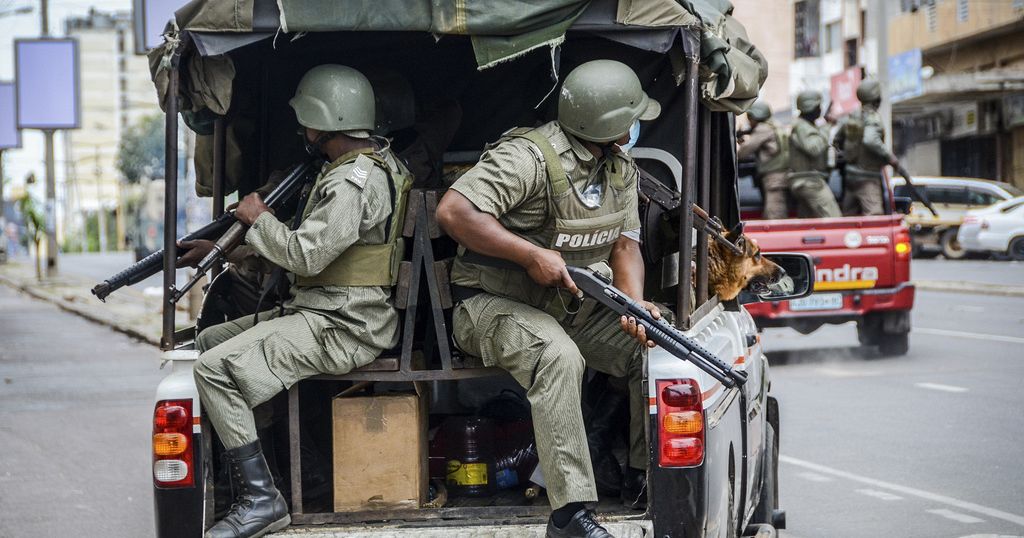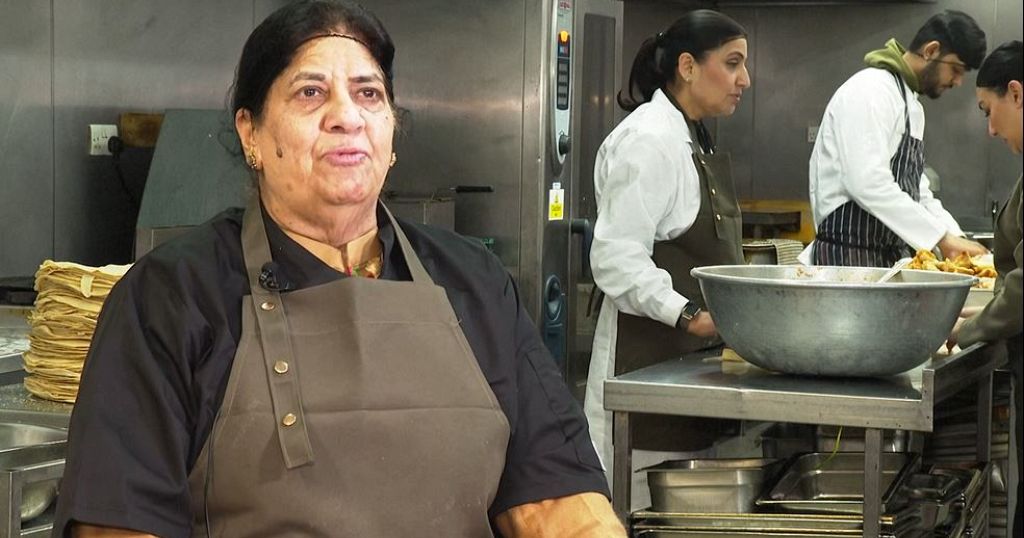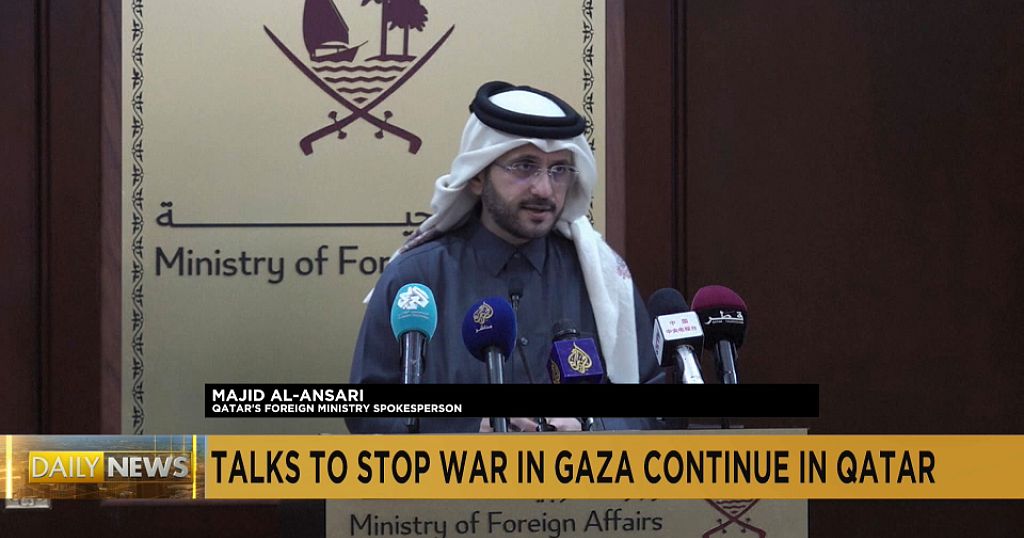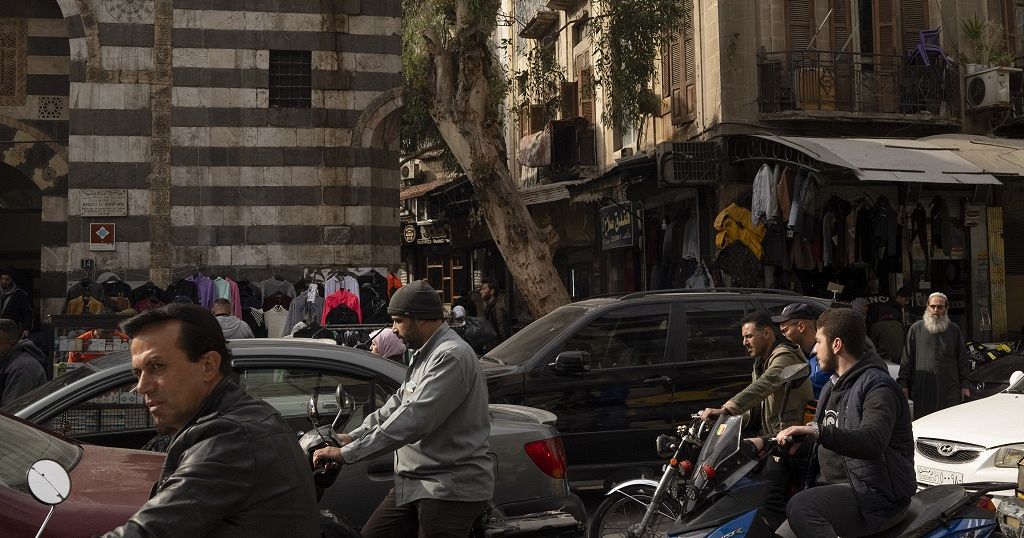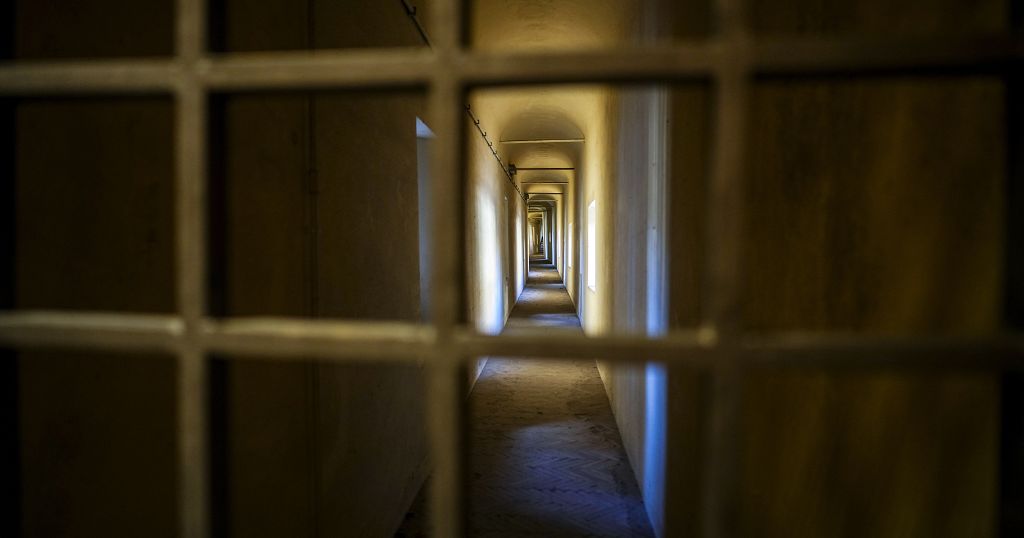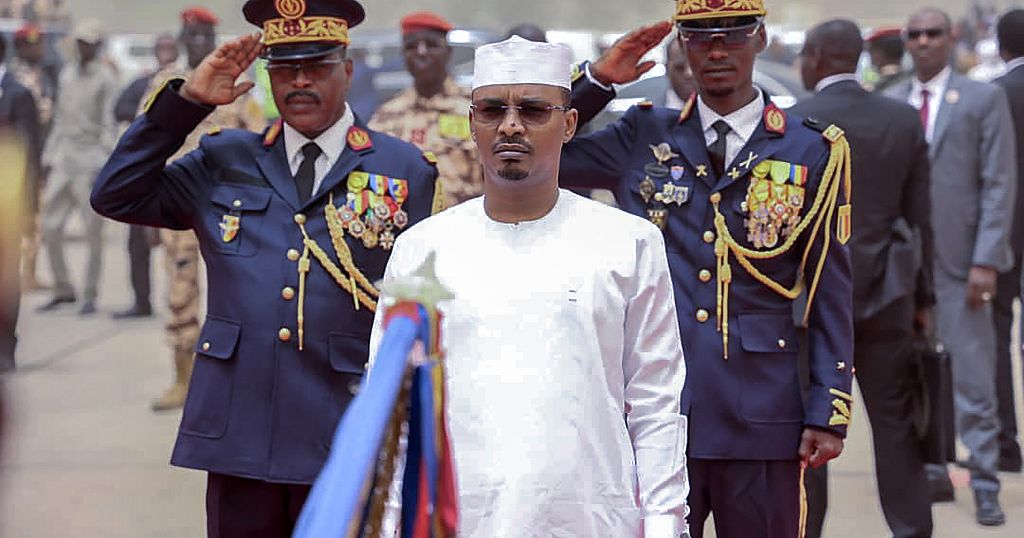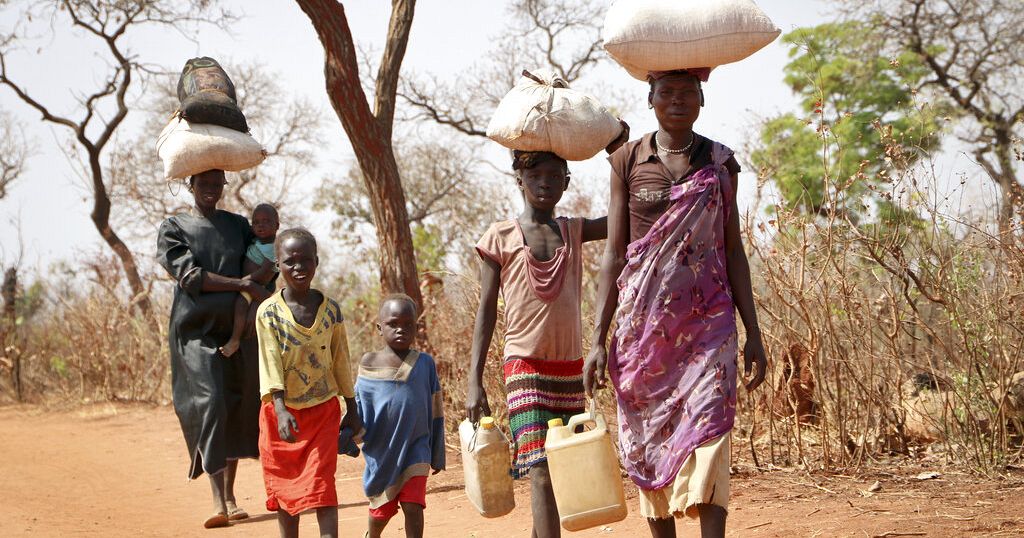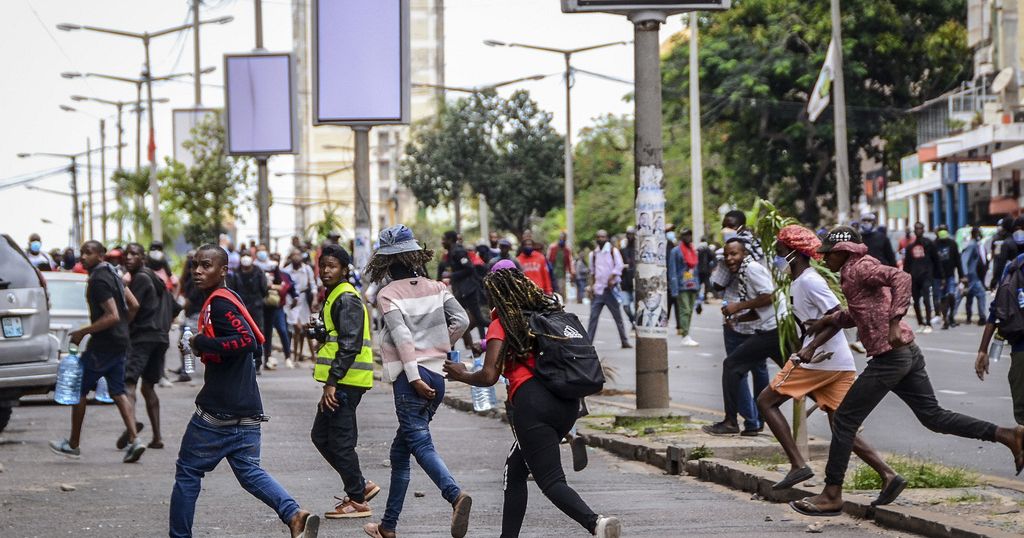The Ugandan grandmothers fostering HIV-orphaned kids
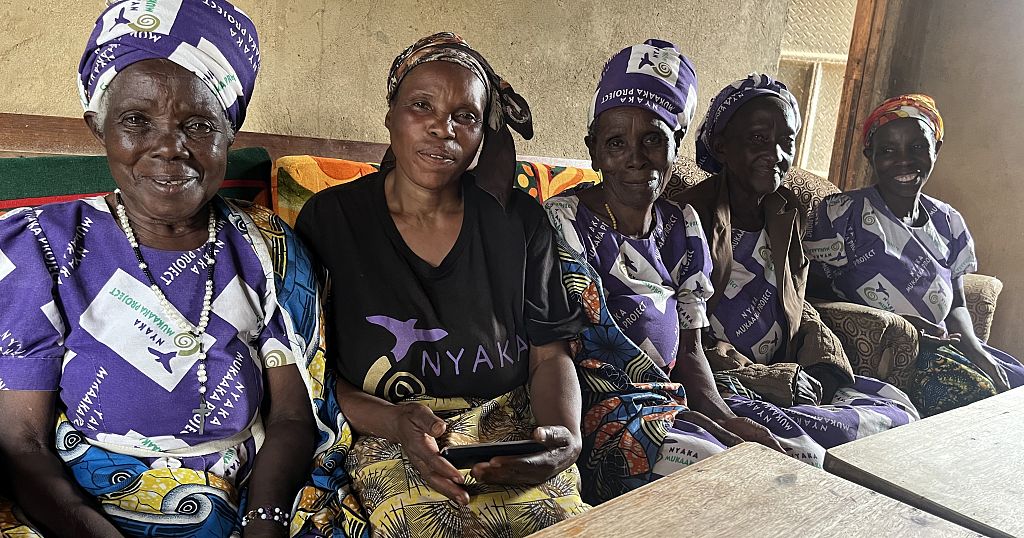
In Kanungu district, western Uganda, where HIV and poverty have left children without parents, a community of grandmothers is reshaping their future one family at a time.
Nyaka Grandmothers Program has empowered over 20,000 grannies to take on the task of raising and nurturing over 80,000 orphaned and vulnerable children.
What started as a small favor 20 years ago, is now a lifechanging community-driven initiative for thousands of families.
The founder, Twesigye Jackson Kaguri “went house to house in the community where the first Nyaka Primary School is located and asked women to help house children while they come to school Monday to Friday.”
The results were good. More children would now easily access school thanks to nearby homes where they resided.
“We got higher participation in school, higher attendance and we saw that it was working for our children. But then we asked ourselves what do we do for the women who are housing these children, who are not paid, who are volunteering? We decided to evolve the program and include benefits for these women who we call Nyaka Grandmothers,” Kaguri explains.
60-year-old Kyarikunda Georgina’s husband died in 2005.
We find her grinding sorghum on a stone while the children are sweeping the backyard.
Her only child went away. She got married and now lives in another town.
Instead of living a lonely life, she decided to care for children who needed a home. Today, eight children are under her custody and she has found meaning in the volunteer work.
“Giving and supporting children is not because you are rich or you have a lot of money, there are those who have a lot of money but have not been helping but coping from my example who are coming up to assist children,” Kyarikunda explains.
She is a role model to many old women in the community, “many have learnt from me because of the heart I have for children who are not mine. For example, there is a grandmother around who has such big responsibilities but has now taken the responsibility because of what she sees me doing,” she narrates.
Research shows that more than 80 million African children lack access to healthy shelter. But for the children under the care of these grandmothers, life is different.
15-year-old Amanya Jordan is under Kyarikunda’s care. His perception of what a home should be has changed – it is not the tradition mother, father and children, what matters to him is that there is love and they are safe.
“I feel good living with my grandmother because she provides what we need. When I grow up I want to be a doctor,” Amanya.
Asiimwe Prima is barely a teenager but she is already exposed to the hardships of life. But she is hopeful.
“I was in primary four and now promoted to primary five. I thank my grandmother because everything we have asked for she has provided. She has paid school fees for the term and we were given the report. When I grow up, I want to be a teacher.”
On this chilly day, five grandmothers with foster children have come to visit Kyarikunda. They keep in touch and occasionally meet to exchange simple business ideas.
Many of these women have lost their own children to HIV.
The program offers a holistic approach to family rebuilding, providing education opportunities, and economic empowerment.
The recruitment is based on social values of care, resilience, and community.
“We anticipate that our grandmothers should be role models in society. At least they should be an example so that even those who are growing up with the grandmothers can see a pulling factor that these are actually good people. So, we don’t encourage those who smoke, take alcohol and those who don’t have good habits,” Denesi Niwarinda – Coordinator, Nyaka Grandmothers Program
As the program expands into other districts, these grandmothers are rebuilding their own lives while raising the next generation.
They are not just caregivers, they are heroes.
Raziah Athman, reporting for Africanews.
Source: Africanews



